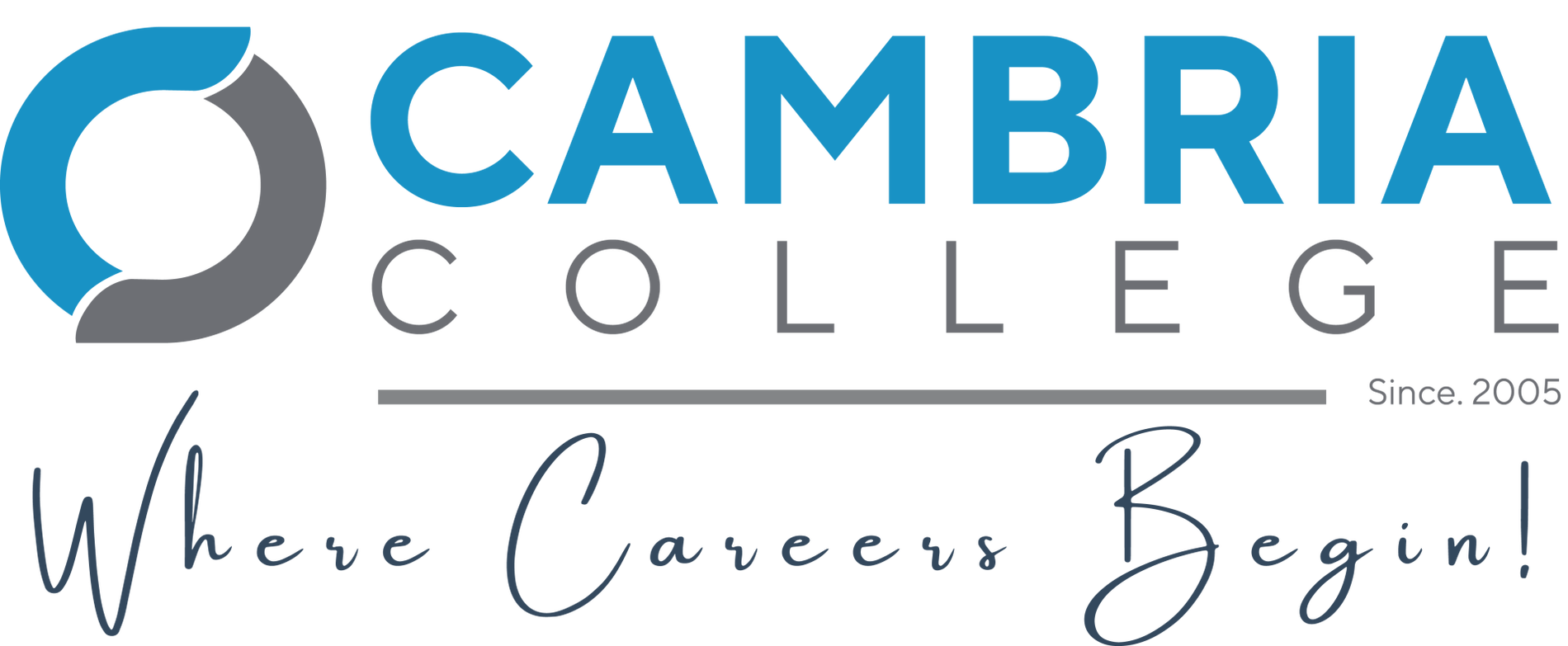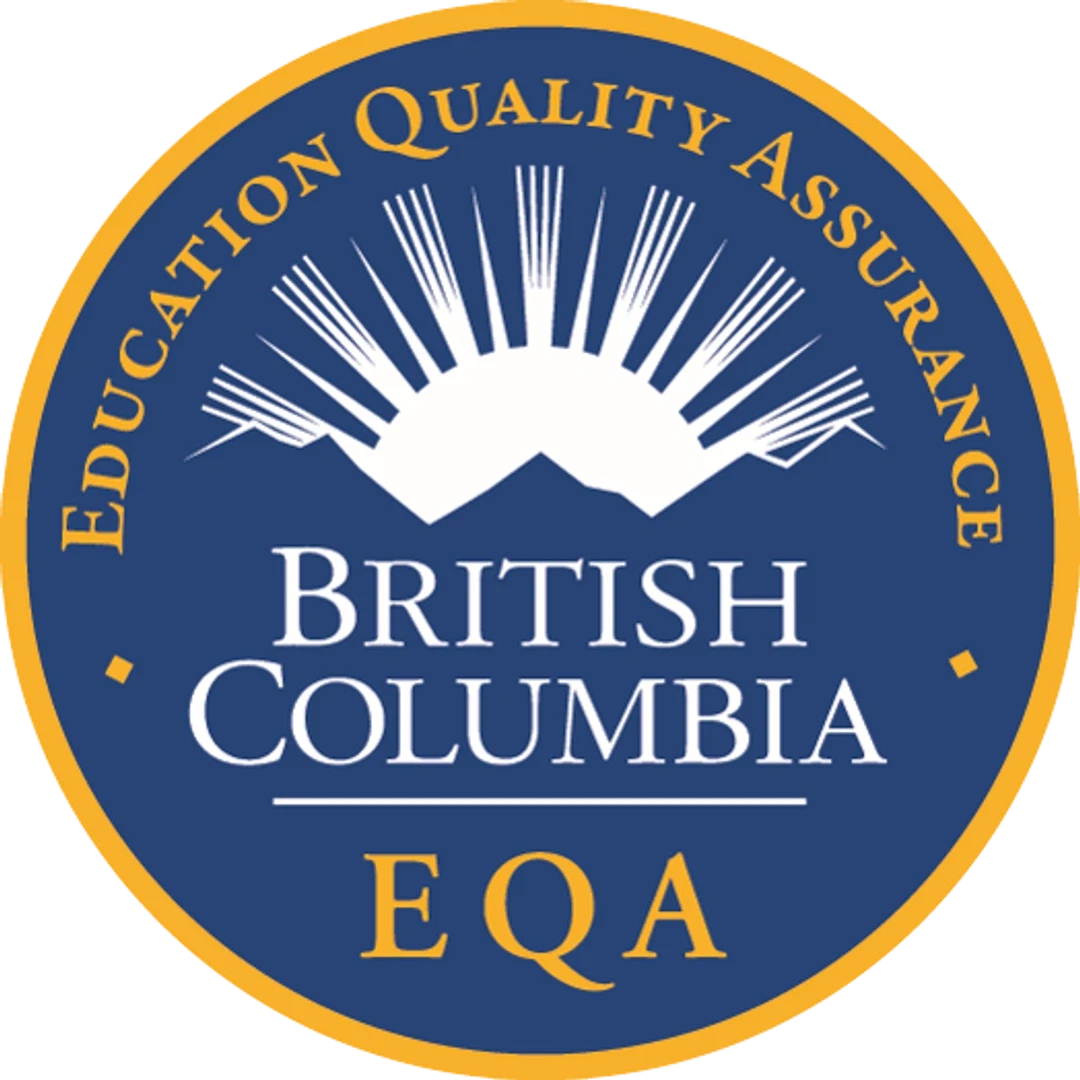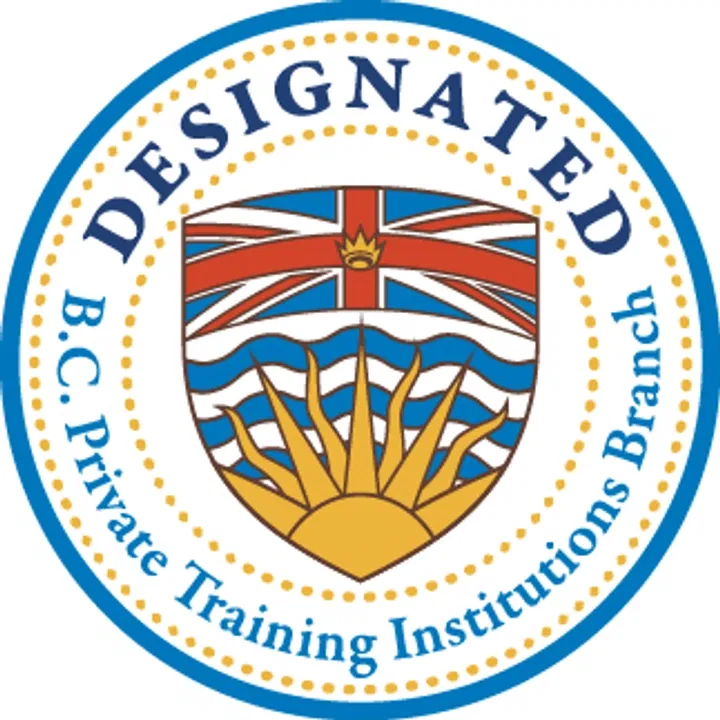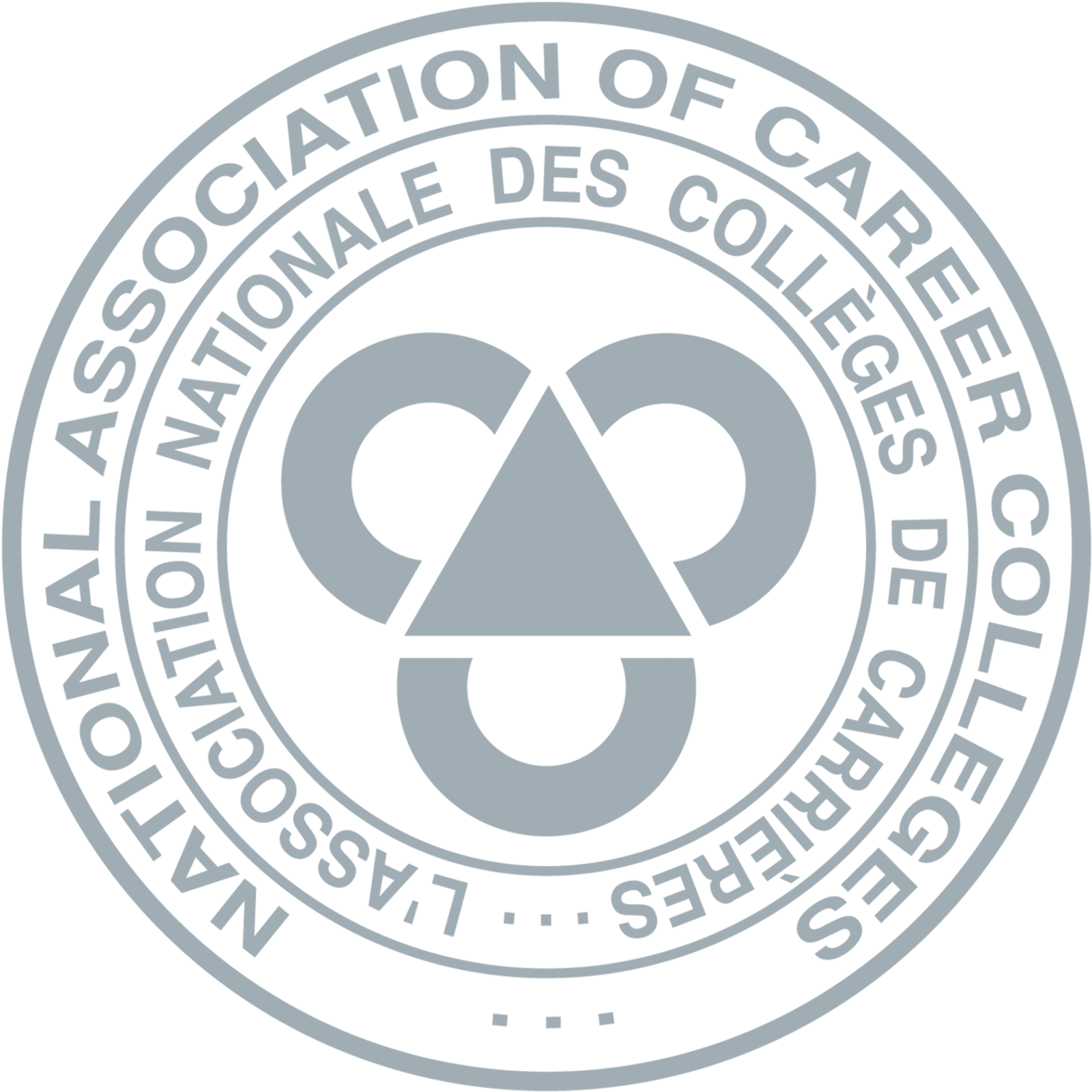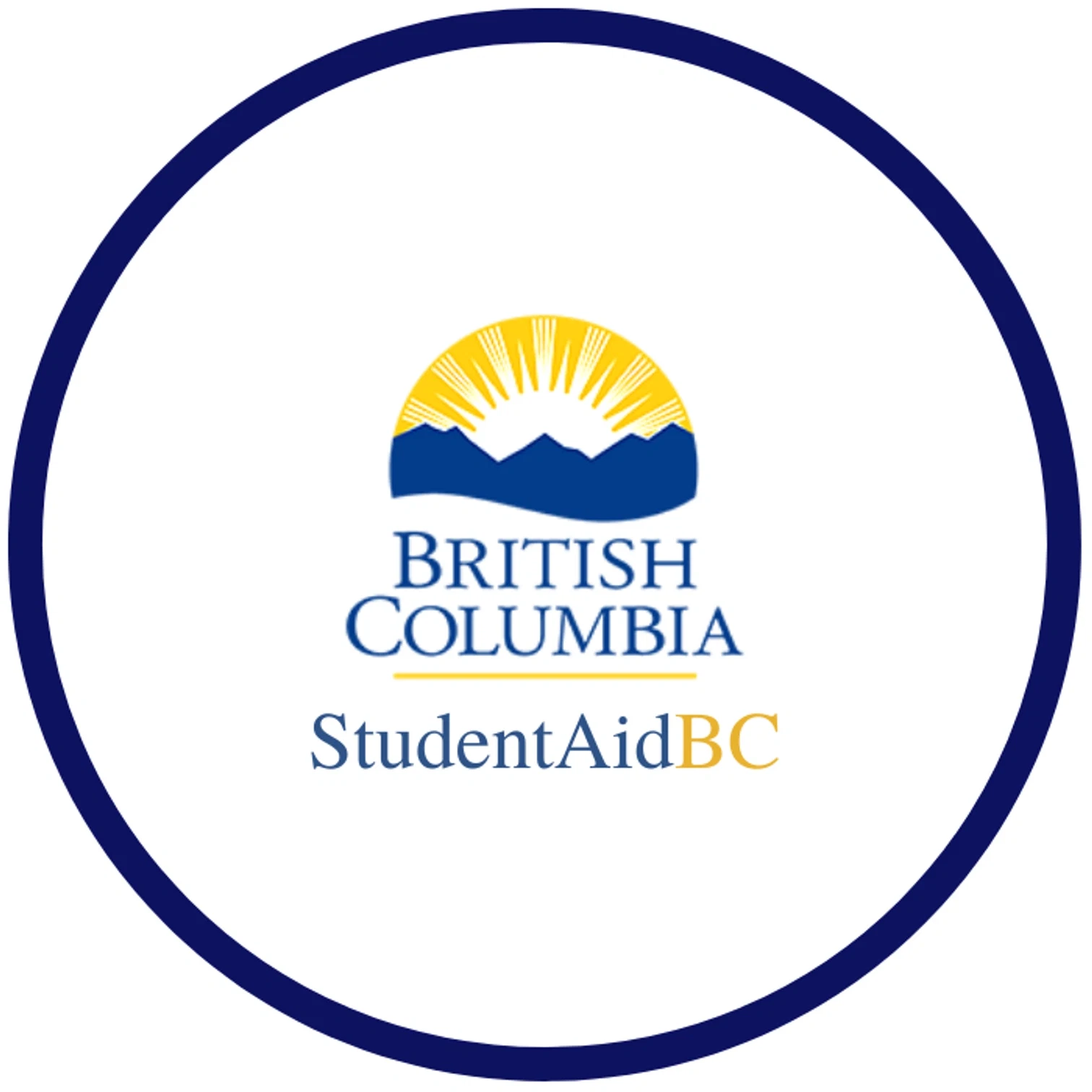Life in British Columbia

Getting Around in Lower Mainland and Victoria
Navigating the Lower Mainland and Victoria is easy with a wide range of reliable transportation options. Whether you’re getting around by bus, cycling, or even rideshare, you’ll find plenty of convenient ways to explore the region.
Public Transit
The BC Transit system in Victoria and TransLink in the Lower Mainland offer an extensive network of buses, SkyTrains, and SeaBuses. These services are reliable, frequent, and affordable, making them the preferred choice for students commuting within the region.
Cycling
Cycling is a healthy and eco-friendly option for getting around. Both Victoria and the Lower Mainland have numerous dedicated bike lanes and cycling infrastructure. Victoria is even known as the “Cycling Capital of Canada,” with Vancouver offering one of the best cycling environments in North America.
Car Sharing
For flexible and cost-effective transportation, consider car-sharing services like Zipcar, Uber, and Turo. These services allow you to rent a car for a few hours when needed, providing an excellent alternative to car ownership.
Ferries
BC Ferries provide regular services between the Lower Mainland and Vancouver Island, including the route from Tsawwassen (in the Lower Mainland) to Swartz Bay (Victoria). Enjoy scenic views of the coastline as you travel between these two stunning regions.
Taxis and Rideshares
Taxi services are easily accessible, and rideshare services like Uber and Lyft are available in most areas. These services are convenient for short trips or if you need transportation outside of regular transit hours.
Transportation from the Airport
Students arriving at the airport will find a variety of transportation options available to help you reach your campus or nearby areas. Below are the details for getting to our campuses from the major airports in the region:
Vancouver International Airport (YVR) to Surrey Campus
- SkyTrain (Canada Line): The Canada Line SkyTrain is a convenient and affordable option. From YVR, take the Canada Line toward Waterfront Station. For the Surrey campus, transfer at Waterfront Station to the Expo Line or Millennium Line.
- Taxi & Ride-Sharing: Taxis and ride-sharing services like Uber and Lyft are readily available at YVR. A taxi will take you directly to areas near your campus. The travel time to Surrey is around 45 minutes.
- Car Rentals: Rental services are available at YVR if you prefer driving. The drive to Surrey is about 45 minutes, depending on traffic.
Victoria International Airport (YYJ) to Victoria Campus
- Taxi & Shuttle Services: From Victoria International Airport (YYJ), you can take a taxi or shuttle service to downtown Victoria, which is about 25-30 minutes away. Once in downtown, you can easily access the campus by walking or public transit.
- Ride-Sharing: Uber and Lyft are also available in Victoria for a direct and convenient ride to the campus or nearby areas.
Public Transit Connections
Once you reach your destination city, both TransLink (in Vancouver) and BC Transit (in Victoria) offer extensive public transportation options. Detailed maps and schedules are available to help you easily navigate to your final destination.
Living Costs in British Columbia
British Columbia is renowned for its exceptional quality of life. While living costs, particularly in urban centers, can be high, careful budgeting can help international students make the most of their experience. By planning for expenses such as rent, utilities, transportation, and other essentials, students can enjoy everything this vibrant region has to offer. Below is a general overview of typical monthly living expenses:
| Category | Estimated Cost | Details |
|---|---|---|
| Housing | CAD $600 – $3000 | Shared Apartments: CAD $800 – $1,500 – Private Apartments: CAD $1,600 – $3,000 |
| Utilities | CAD $50 – $150 | Includes electricity, heating, water, internet, and cable. |
| Public Transport | CAD $85 – $193.80 | Costs depend on your travel area.
|
| Food/Groceries | CAD $150 – $800 | Grocery costs vary based on personal preferences and dining habits. |
| Mobile/Internet | CAD $60 – $150 | Mobile phone plans and internet charges depend on the service provider and data plan chosen. |
| Health Insurance | CAD $75 per month (private) |
|
Note: These costs are estimates based on current market prices and can vary depending on your lifestyle and the city in which you live. Urban centers like Vancouver and Victoria typically have higher living costs compared to other regions. These values are subject to change, and the aim is to provide students with an estimate to help plan their expenses when investing in higher education.
Homestay Partners
To support students in finding suitable accommodations, the college has partnered with three reputable homestay and housing service providers specializing in student housing in British Columbia.
Homadorma is the largest online homestay placement platform in Canada and the United States. Join Homadorma as a student to find your ideal home to stay. Search “Cambria College” and select your campus to find homestay options close to school.
4stay is an online marketplace connecting students and interns with local hosts, room providers, and roommates near their destinations with medium to long-term rental options.
Casa Student Housing provides students with options for accommodation, that are reasonably priced and maintain quality. Casa has offices and housing in both Toronto and Vancouver and has served over 30,000 students from across the globe.
Avoiding Rental Scams
When moving to a new city and renting for the first time, it’s crucial to stay vigilant and avoid falling for rental scams. Start by researching the local rental market to understand typical price ranges. If a rental price seems unusually low, it might be too good to be true. Always work with reputable landlords or property management companies and be cautious of individuals who ask for large upfront payments or personal financial information before you’ve seen the property in person. Trust your instincts and always insist on visiting the rental property before making any commitments. Additionally, thoroughly review the lease agreement, and if possible, consult with local residents or other tenants for advice and feedback.
For more tips on avoiding rental scams, check out the following resources:
- Renting Your First Apartment or Home | Financial Consumer Agency of Canada
- Avoiding Rental Property Scams | Consumer Protection BC
- Rental Scams | BC RCMP
- Rental Scams | Renting It Right
- 10 Red Flags to Identify a Rental Scam | DailyHive
Is Cambria College Right For You? Get More Info…
If you’re interested in learning more about programs at Cambria College and exploring which career path is best for you, fill out the form on this page to receive more information.
For immediate questions, call your nearest Cambria College location today.
Surrey: (604) 416-5522
Victoria: (778) 265-7547
